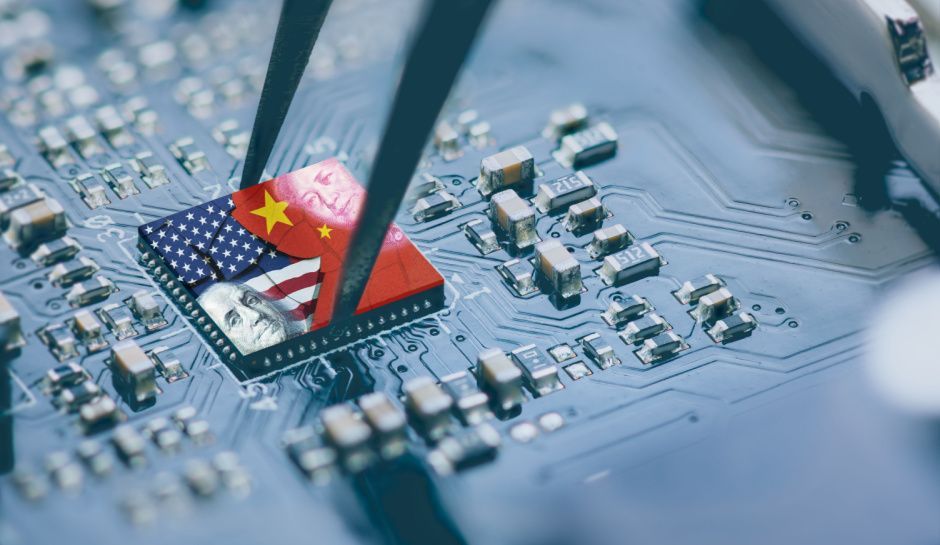In last night’s presidential debate, Vice President Kamala Harris said she wants to “win the race on artificial intelligence and quantum computing.”
Expanding on her point, Harris said her policy toward China is to ensure the U.S. “wins the competition for the 21st century” by investing in “American technology.” She then turned her attention to former President Donald Trump, saying that during his presidency, American chips were sold to China and used to modernize its military.
In his rebuttal, Trump claimed that China “bought its chips from Taiwan” and that “we hardly make chips anymore because of philosophies like theirs.”
Chip replacement or a copy of the old block?
During his presidency, one of Trump’s key policies was to increase US exports to China by $200 billion between 2020 and 2021. While that goal was not met, one of the key exports that actually went some way to achieving it was the sale of semiconductors and their manufacturing equipment, which amounted to nearly 25% of China’s total goods imports under Trump’s import deal.
Trump also placed Huawei on a national security list, imposed sanctions to restrict the sale of US semiconductors that could be used in Huawei’s 5G base stations, and banned the purchase of Huawei equipment for use in network infrastructure along with the UK and Australia. However, the restrictions did not prevent Huawei from purchasing semiconductors from companies based outside the US, such as Samsung (based in South Korea) and Taiwan Semiconductor Manufacturing Company (TSMC).
Following the election of President Joe Biden, the CHIPS and Science Act was signed into law in August 2022, a law created from two bipartisan bills aimed at boosting domestic technological research and semiconductor manufacturing on American soil. The CHIPS and Science Act has so far set aside $280 billion in funding comprised of grants, investment tax credits, and other incentives that have resulted in several semiconductor manufacturers beginning construction of manufacturing and research facilities in the United States, with TSMC builds a new factory in Arizonaand Intel invests in new sites in Arizona, New Mexico, Ohio and Oregon.
Tougher sanctions restricting US companies from exporting advanced semiconductors to China were also introduced in October 2022, with further restrictions to close export loopholes coming into effect in 2023. The unfortunate downside of restricting exports to the world’s second-largest economy is that some US companies have lost a market that accounted for a significant portion of their revenue, and China has introduced its own export restrictions to hamper US efforts to produce semiconductors domestically.
While the CHIPS and Science Acts and the tough export restrictions were signed into law by Biden, they provide a good foundation for Harris's perspective on possible China policy and how the U.S. “wins the competition for the 21st century.”









